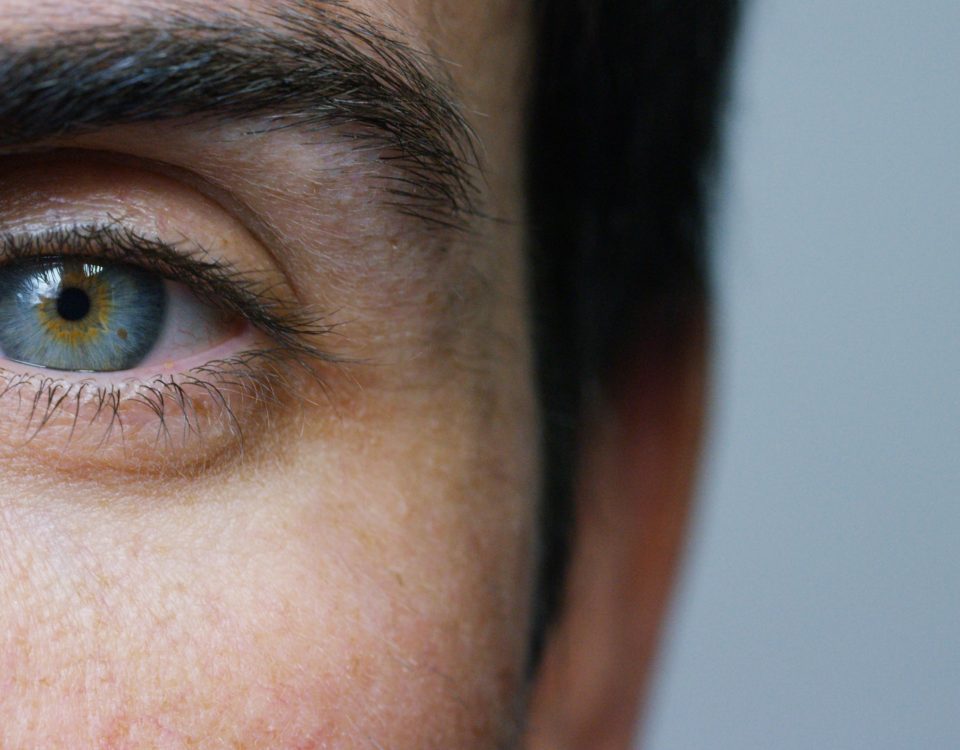Keep Your Eye on the Ball

Finding the Perfect Pair of Glasses
04/11/2023
5 Things Your Eye Doctor Wants You to Know
05/31/2023According to the American Academy of Ophthalmology, nearly 30,000 sports-related eye injuries occur annually. Sadly, eye injuries are a leading cause of blindness in children. Fortunately, about 90% of serious eye injuries can be prevented by wearing protective eyewear. For Sports Eye Safety Month this April, we’re highlighting ways to have fun while protecting your eyes!
Which sports cause the most eye injuries?
Although eye injuries can occur with nearly any sport, some have a higher risk than others. Studies have found that basketball is the leading cause of sports-related eye injuries in the US, followed by baseball and softball. Many sports require you to wear eye protection to participate (such as field hockey and lacrosse). However, wearing protective eyewear is always a good idea—no matter what sport you play.
Types of protective eyewear
Sports goggles likely come to mind when you think about sports eye protection. These goggles are made of polycarbonate, a shatterproof plastic that protects your eyes from UV rays. While regular eyeglasses and sunglasses won’t protect your eyes from injury, protective eyewear will. You can even wear protective glasses over your regular glasses or contact lenses.
You should wear protective glasses whenever you play or practice a sport with an increased eye injury risk. Because many youth sports leagues don’t require players to use protective eyewear, it’s all the more important for parents, teachers, and coaches to know the risks and ensure that children wear protective glasses when participating in sports.
Sports eye protection is not just limited to goggles. Other types of protective eyewear include helmets with attached face and eye guards, sunglasses, and swim safety goggles. An avid golfer may not be at risk for a severe eye injury, but time out in the sun necessitates 100% UV-blocking sunglasses. And, while indoor swimmers may not need to wear sunglasses, chemicals and bacteria in water make swim goggles a must-have. Do some research about the proper protective eyewear for you and your sport!
Stay safe this spring
You should always protect your eyes whether you’re out on the field or a spectator at a sporting event! Use proper hygiene practices and follow our instructions for safe contact lens usage and handling. If you experience a sports-related head or eye injury, schedule an appointment with your doctor to ensure your vision is healthy and clear.
Wearing proper gear is the best way to protect yourself from sports-related eye injuries. If you have questions, visit our office to discuss what protective eyewear is best for you. Batter up!




